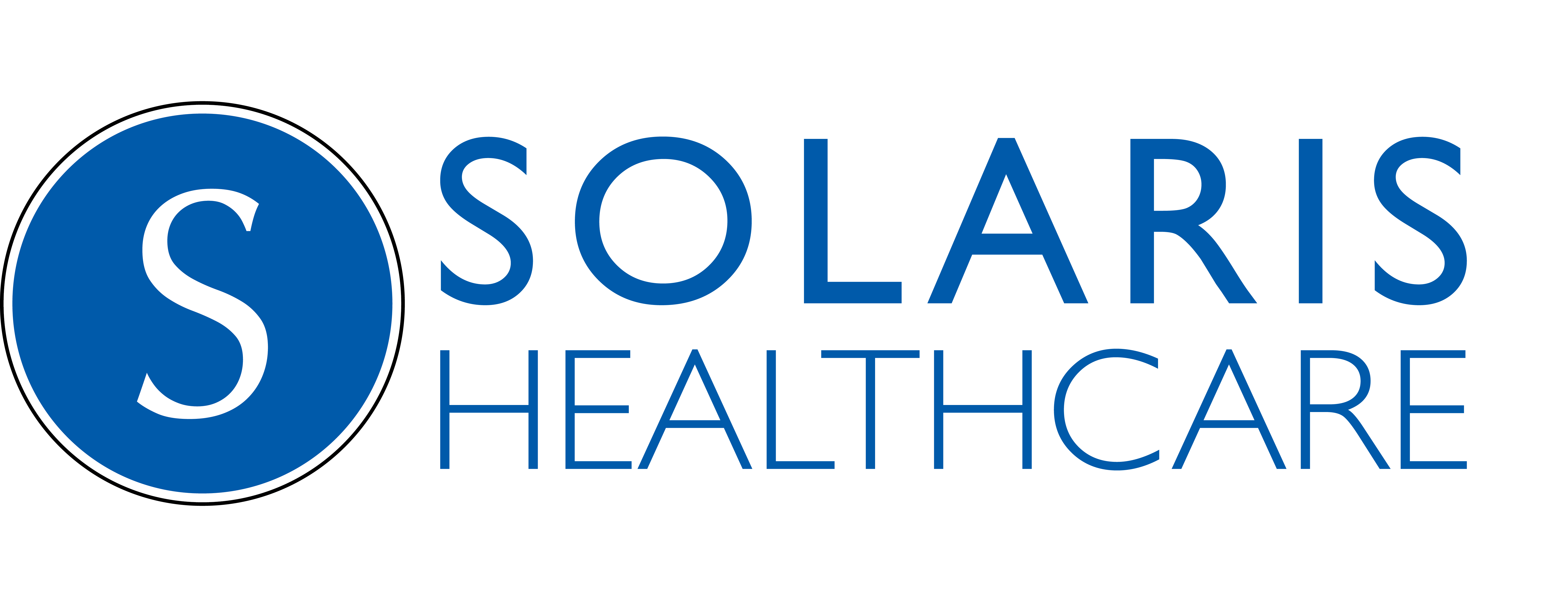How Can Home Health Care Reduce Hospitalization?
Exploring the Role of Home Health Services in Preventing Unnecessary Hospitalizations

Home health care has emerged as a critical component of modern healthcare, offering a range of services that were traditionally provided in hospital settings. One of the key advantages of home health care is its ability to significantly reduce hospitalization rates. Let’s explore the various ways in which home health care achieves this important goal.
Post-Discharge Care
One of the primary roles of home health care is to provide post-discharge care to patients who have recently been discharged from hospitals. This continuity of care ensures that patients receive ongoing medical attention, monitoring, and rehabilitation in the comfort of their homes. By closely monitoring patients’ progress and addressing any concerns promptly, home health care helps prevent complications that could lead to readmissions.
Enhancing Quality of Life
One of the key benefits of palliative care is its ability to enhance the quality of life for patients facing serious illness. By managing symptoms such as pain, nausea, and shortness of breath, palliative care helps patients feel more comfortable and improve their overall well-being. Additionally, palliative care focuses on addressing the emotional and psychological needs of patients and their families, providing counseling, support groups, and other resources to help them cope with the challenges of illness.
Timely Intervention
Home health care providers employ proactive strategies to detect early signs of health deterioration. Through regular assessments, monitoring of vital signs, and communication with patients and their families, home health care teams can identify potential issues before they escalate into serious health problems. Timely interventions, such as medication adjustments or changes in care plans, can often prevent the need for hospital admissions.
Medication Management
Non-adherence to medication regimens is a common reason for hospital readmissions. Home health care professionals work closely with patients to ensure they understand their medications, adhere to prescribed dosages, and follow proper administration techniques. They also educate patients about potential side effects or interactions, empowering them to manage their medications safely and effectively at home.
Fall Prevention and Safety
Falls are a significant cause of hospitalizations, especially among elderly individuals. Home health care teams conduct comprehensive home assessments to identify fall risks and implement preventive measures such as installing grab bars, improving lighting, and recommending mobility aids. By addressing these safety concerns and educating patients about fall prevention strategies, home health care reduces the risk of falls and subsequent hospital admissions.
Telehealth and Remote Monitoring
Advances in technology have enhanced the capabilities of home health care through telehealth and remote monitoring solutions. Patients can now receive virtual consultations, access educational resources online, and use wearable devices to track their health parameters. Remote monitoring allows healthcare providers to monitor patients’ health status remotely, detect changes early, and intervene proactively, all of which contribute to reducing hospitalizations.
Coordination of Care
Home health care providers collaborate closely with primary care physicians, specialists, and other healthcare professionals involved in the patient’s care. This multidisciplinary approach ensures that all aspects of the patient’s health are addressed comprehensively. By coordinating care transitions effectively and sharing relevant information, home health care minimizes gaps in care that could lead to hospital readmissions.
In conclusion, home health care plays a crucial role in reducing hospitalization rates by providing personalized, proactive, and comprehensive care to patients in their homes. Through post-discharge support, chronic disease management, timely interventions, medication management, fall prevention, telehealth, and coordinated care efforts, home health care significantly contributes to improving patient outcomes and reducing the burden on healthcare systems.
Share:
Search Resources
ADDITIONAL RESOURCES
LEARN ABOUT OUR CARE SERVICES:
PALLIATIVE CARE →
INDUSTRY TRUSTED




